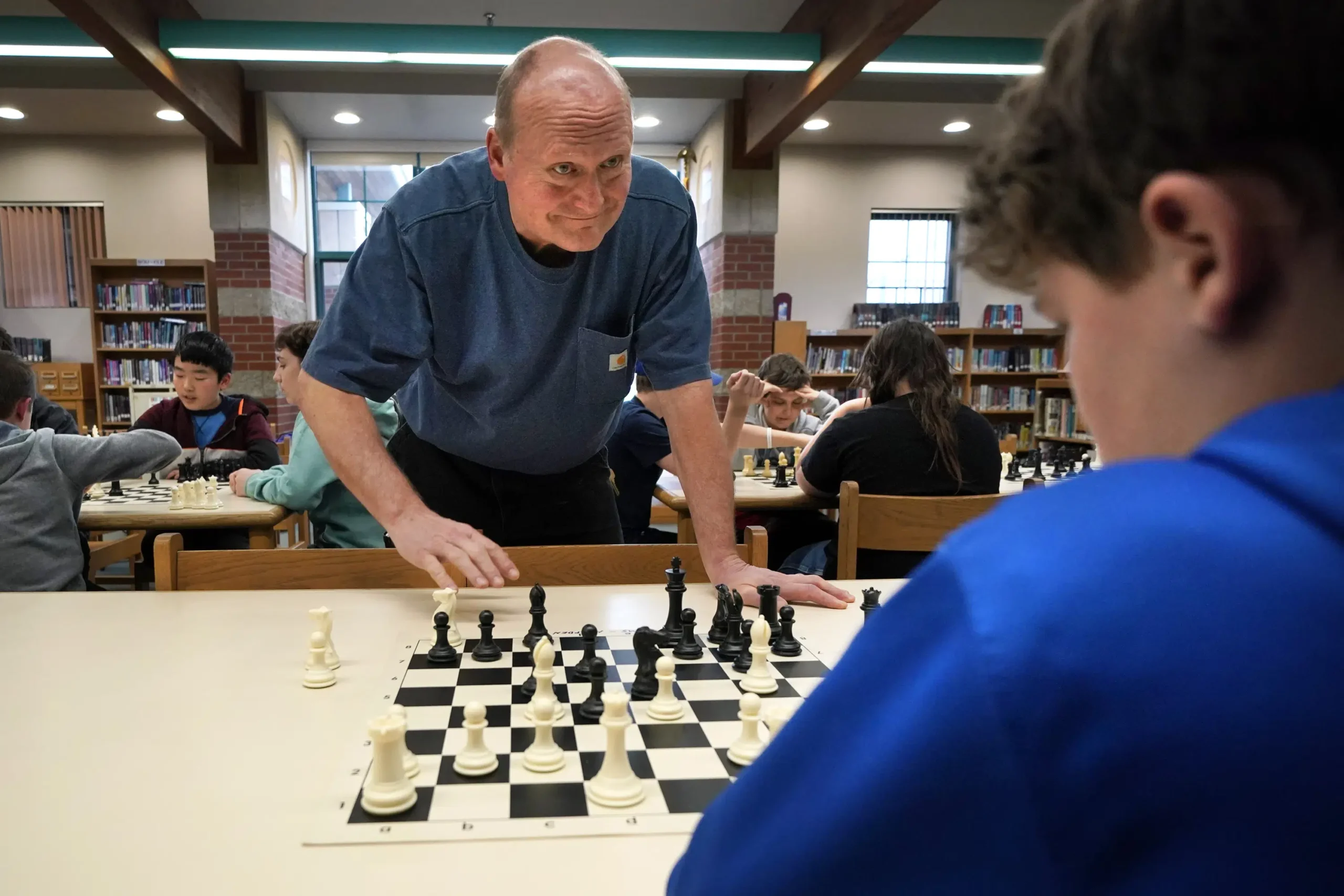Chess, a game of strategy and intellect, extends beyond the movements of pieces on a board—it encompasses a rich tapestry of social etiquette that enhances the overall experience for players. As competitors sit across the board, a silent dialogue unfolds, governed by unwritten rules that contribute to the game’s sportsmanship. A fundamental element of chess etiquette lies in the handshake that initiates each match. This simple gesture, often overlooked, symbolizes respect and sportsmanship, setting the tone for the impending battle of wits. Respect for one’s opponent is further emphasized through the acknowledgment of a well-played move nodding or a brief verbal commendation. This fosters a positive atmosphere, encouraging a healthy exchange of ideas and strategies. Patience stands as a cornerstone of chess etiquette. The intricate dance of pieces requires thoughtful consideration, and players are expected to allow their adversaries the time needed to make decisions.

This patience extends to refraining from distractions, such as unnecessary noise or movements, recognizing that focus is essential to the mental intricacies of the game. In the spirit of maintaining a conducive playing environment, players are encouraged to avoid engaging in conversation during their opponent’s turn, fostering an atmosphere of concentration and mutual respect. The concept of ‘touch-move’ adds another layer to chess etiquette. Once a player touches a piece, they commit to moving it, if a legal move is possible. This rule underscores the importance of careful deliberation before physically interacting with the pieces, preventing hasty decisions and promoting fair play. Should a piece be accidentally touched without the intention to move it, openly declaring j’adoube, meaning I adjust, grants the opportunity to reposition the piece without penalty.
A critical aspect of chess etiquette lies in gracefully conceding defeat. Whether through a well-timed resignation or a checkmate acknowledgment, accepting the outcome with grace is an essential skill. This showcases humility and respect for the opponent’s skill, contributing to a positive chess culture. Additionally, post-game analysis, where players discuss the match and share insights, serves as a learning opportunity and reinforces the social aspect of chess. While chess is a competitive pursuit, camaraderie often emerges from the shared love of the game. Post-match handshakes, regardless of the outcome, symbolize the transcendent nature of the chess lessons for beginners game where the joy of the battle and the camaraderie between opponents supersede the final result. In chess, the etiquette transcends mere moves on the board, shaping an environment where strategy, respect, and sportsmanship converge in a harmonious blend, elevating the game beyond a mere intellectual pursuit to a social and cultural experience.
